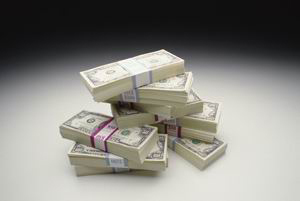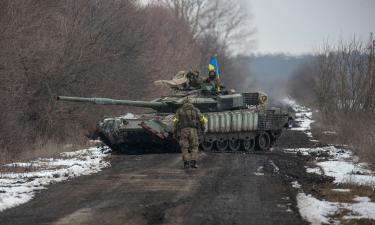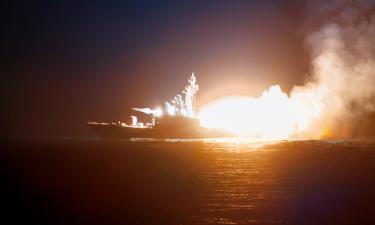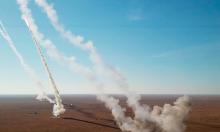Russian immense currency reserves pose competition for Asian states
If oil prices remain on the high level, Russia will be able to take the 5th place in the world on the amount of currency reserves
Russia has taken the 7th place in the world on the volume of it currency reserves. Russia is expected to leave India behind and approach Singapore on this index by the end of the current year. The countries of East Asia have been holding the leading status in the competition for quite a long time. However, Russia has a good chance to compete with Asia at this point: the nation's huge oil income is still not used in the real sector of economy, but stimulates the growth of consumer prices instead. 
Currency reserves of the Bank of Russia have outstripped Hong Kong and US Federal Reserves and reached $134.4 billion as of the middle of March of 2005. This number is rather close to the Indian index of $137.56 billion. Japan, China, Taiwan, South Korea and Singapore are still the leaders of the currency reserves race. It can be seen from the official statistics of the world's leading financial powers. If oil prices remain on the high level, Russia will be able to take the 5th place in the world on the amount of currency reserves. However, it would be the last step for the country to make in this direction, specialists of the Moscow International Institute for Econometrics, Finances and Rights believe. Russia will not be able to move further on because of its total dependence on limited opportunities for the export of raw materials. The above-mentioned Asian states are not afraid of competition: they can offer the world market a wider ranger of goods, which automatically guarantees more stability to their currency savings.
Russia's limited opportunities depend on price fluctuations on the markets of raw materials. Russian people's income is not going to change for the better in the near future: it will remain on the low level for a long time. In addition, Russian companies are not willing to invest in local projects. The Bank of Russia will still have the need to accumulate excessive currency because of the stagnant import and investments.
Russian national reserves were evaluated at $20-30 billion only three of four years ago but they have reached $140 billion by now. If oil prices remain high, Russia will catch up with Taiwan ($246.63 billion) during the coming three or four years.
When the state withdraws super-income from Russian oil giants, they deposit the funds on accounts of the Russian Central Bank – the money does not find itself involved in the economic process. This reserve-building process does not cause any trouble to consumers, for it does not make prices grow. The Central Bank's activity to acquire US dollars on the currency market is another source for increasing currency reserves. This activity of the bank is one of the reasons to raise the inflation rate.
However, if Russia stops increasing its currency reserves, it might result in a number of serious problems. Russia's recent accomplishments in obtaining investment ratings became possible as a result of the growing reserves: they started exceeding the amount of Russia's foreign debt. To crown it all, foreign investors perceive the reserves as the exchange rate guarantee in Russia. If Russia stops increasing currency reserves, the dollar rate will drop against the ruble and give incentive to the development of the risk capital.
Subscribe to Pravda.Ru Telegram channel, Facebook, RSS!





